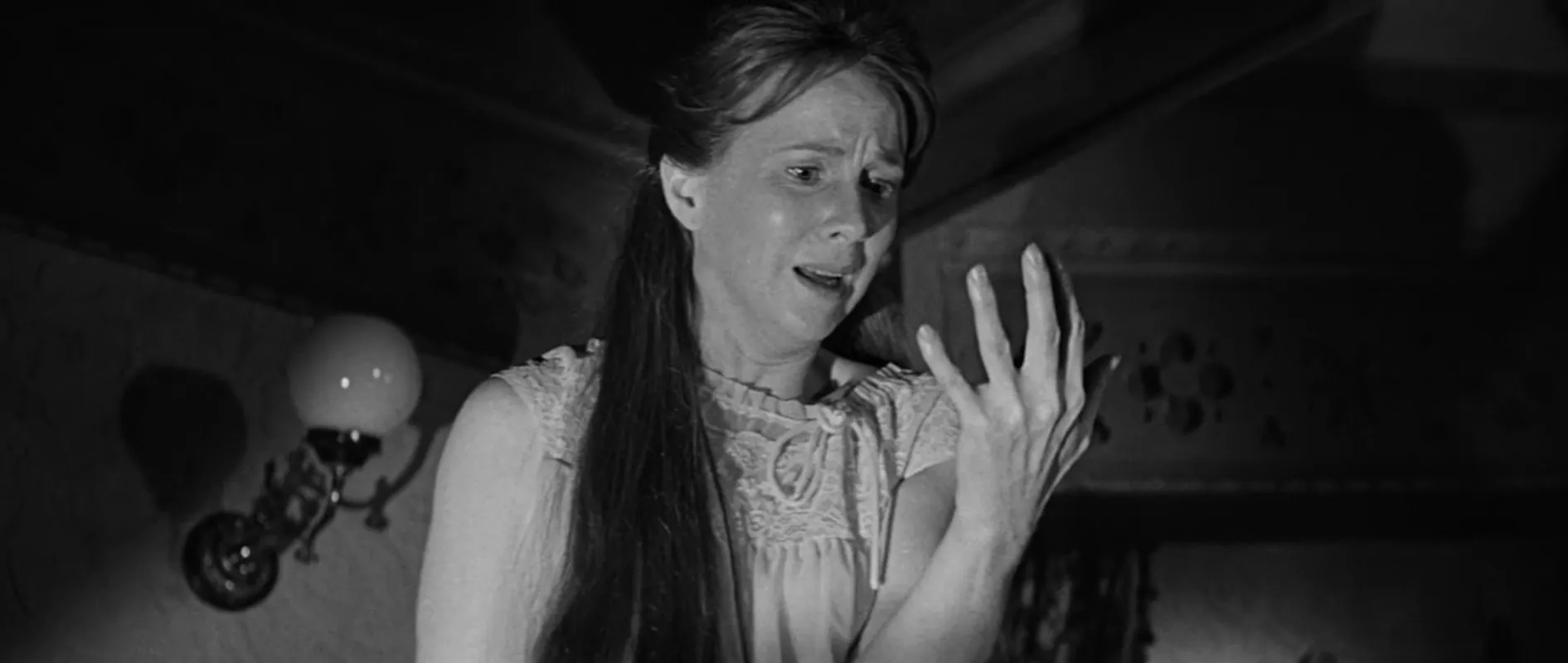The Haunting Truth in “It Holds Her in the Palm of One Hand” – A Sci-Fi Story That Redefines Love and Captivity
Science fiction has long provided a platform for exploring the depths of human emotions and the ethical dilemmas surrounding control and scientific progress. Lowry Poletti’s short story “It Holds Her in the Palm of One Hand,” published in Lightspeed Magazine and featured on io9 (Gizmodo) on February 13, 2025, exemplifies these themes in a profound and unsettling manner.
The story follows Sundimnya “Sun,” a researcher and pilot aboard the spaceship Messina’s Third Daughter. Her primary focus is a mysterious avian-like alien creature known simply as “the bird,” a vital entity used in space navigation. But Sun believes there is more to the bird than its designated function. As she studies its pheromonal communication, she begins to suspect that the creature possesses both intelligence and deep emotional awareness.
Sun’s curiosity leads her to a startling revelation when she uncovers a classified folder belonging to Dossa, a senior pilot who has acted as her mentor. The folder, labeled MEMORY, contains recordings spanning decades. These recordings expose a chilling truth—the bird has always been conscious of its captivity. Even more disturbing, the records reveal that the bird’s species endures a continuous cycle of cloned replacement, forced into servitude without escape.
A particularly haunting moment occurs when Dossa cautions Sun with a cryptic statement: “How do you escape a prison when you can’t even speak to your captors? Maybe you convince one of them to love you so much that they will set you free.” This subtle yet powerful line reframes Sun’s relationship with the bird. Has their bond been genuine, or has the bird been manipulating her in a desperate bid for freedom?
The story grows darker with the introduction of Luna, a genetically engineered duplicate of the bird. Rather than embracing Luna, the bird responds with rage and anguish, its screeches revealing a profound sense of horror. This reaction implies a devastating realization—the bird sees Luna not as kin, but as a cruel symbol of its never-ending captivity.
Sun finds herself at a crossroads. She can either reject the illusion that she shares a meaningful bond with the bird or continue ignoring the painful reality of its suffering. Ultimately, the story takes a chilling turn when Sun, despite everything she has learned, chooses silence. At a celebratory gathering recognizing her successes, she remains complicit in the ongoing system of control.
What makes the story so unsettling is not just the bird’s suffering, but the way Sun, fully aware of the truth, continues to uphold the structure that oppresses it. This decision highlights the broader themes of the narrative—exploring how people justify control for the sake of progress and how love, when built on necessity and confinement, may not be love at all.
Poletti’s story delves into ethical complexities by questioning autonomy, power, and the deception we use to make captivity more palatable. Does love truly exist when one party has no freedom to leave? Is attachment genuine when survival depends on submission? The story does not offer easy answers. Instead, it lingers in the reader’s mind, forcing them to grapple with the uncomfortable realities of power dynamics and ethical responsibility.
“It Holds Her in the Palm of One Hand” is a deeply thought-provoking work, blending poetic storytelling with unsettling existential questions. For fans of introspective science fiction such as Arrival or The Left Hand of Darkness, this story is essential reading. It serves as a stark reminder that sometimes, the most heartbreaking tragedies are the ones we choose to ignore.

















































